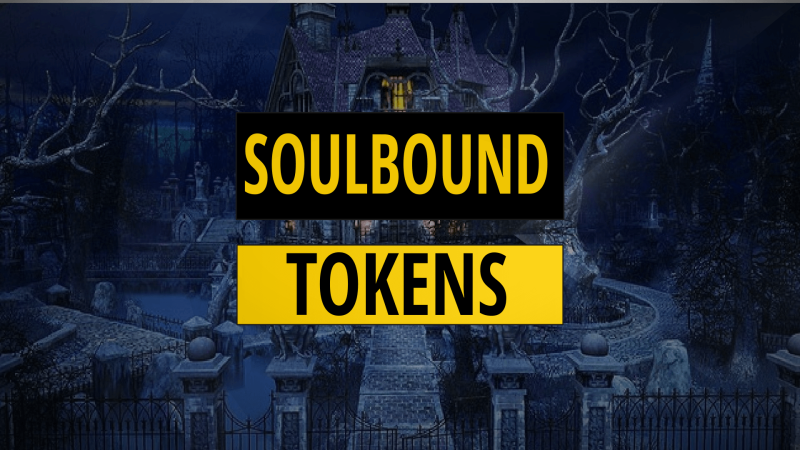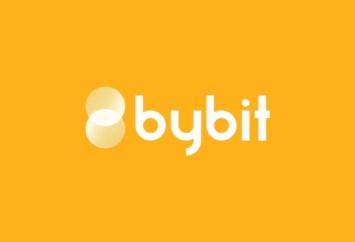Introduced by the creator of Ethereum Vitalik Buterin, soulbound tokens (SBTs) are a new type of non-transferable asset, unlike non-fungible tokens (NFTs), whose objective is the creation of a “Decentralized Society”. (DeSoc). The technical challenges and potential pitfalls of such technology are many, but Soulbound tokens could increase the level of decentralization in our society. Let’s dive into the theory of this type of promising tokens.
1 What is a Soulbound token (SBT)?
2 Use cases and advantages of Soulbound tokens
2.1 Artists and SBTs
2.2 Countering deep fakes with Soulbound tokens
2.3 Soul Lending, unsecured lending with DeFi
2.4 Souldrops, new generation airdrops
2.5 A measure of decentralization and protection against Sybil attacks
2.6 The Benefit of Non-Transferable Ownership of Soulbound Tokens
2.7 The right to access Soulbound tokens
2.8 The promise of a decentralized society (DeSoc)
3 Limitations of Soulbound tokens
3.1 Potential dystopia?
3.2 Soul Privacy
3.3 The importance of Soul and its Soulbound tokens
3.4 Soul Change
4 Conclusion on Soulbound tokens (SBTs)
What is a Soulbound token (SBT)?
Imagined in 2022 by Vitalik Buterin , the co-founder of Ethereum, Puja Ohlhaver and E. Glen Weyl, soulbound tokens (SBTs) are a type of non-fungible tokens (NFTs) which make it possible to create and trace in an unprecedented way the social origin of an individual in a decentralized manner. Vitalik sees it as the future of Ethereum and Web3 .
Web3 has forged a parallel, flexible and creative financial system, but is limited since it still depends heavily on Web2.
Artists creating NFTs still depend on platforms like OpenSea and Twitter, Decentralized Autonomous Organizations (DAOs) still depend on centralized infrastructures like Discord while many Web3 followers use wallets from Binance or Coinbase for example.
Decentralized finance (DeFi) is also limited since it does not offer solutions for other traditional activities existing in the economy such as unsecured loans or contracts such as the lease of an apartment.
These are some of the problems that Soulbound tokens will be able to solve according to Vitalik. These are non-transferable, revocable and publicly visible tokens . These are linked to a “Soul” address, which acts as a dedicated wallet for SBTs.
Individuals will therefore be able to own Souls that store the SBTs they hold. Concretely, an SBT can represent a diploma, the professional history, the hash of a digital work of art and much more as illustrated in the figure below.
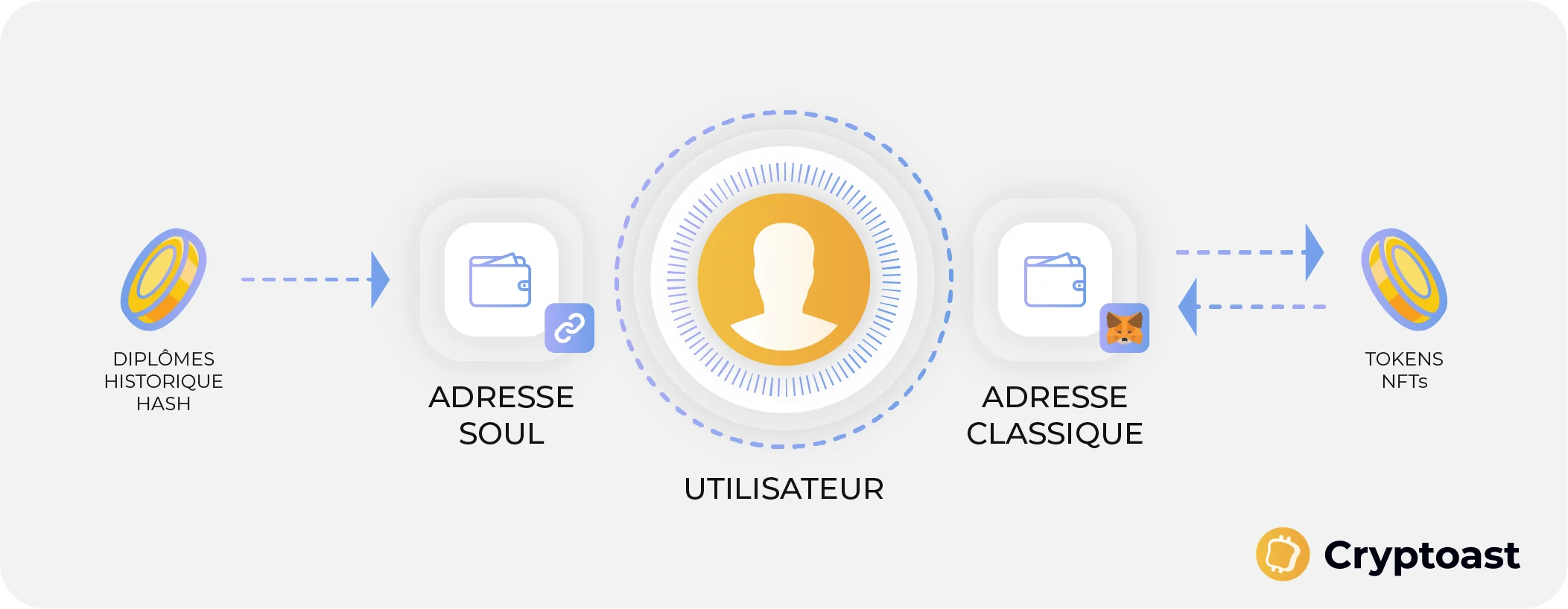
Figure 1: Overview of how a Soul address works (left) compared to a classic address (right)
The strength of this new form of token comes from the ability to issue Soulbound tokens for another Soul or certify SBTs held by a Soul . It can be individuals, companies and institutions.
There are many possibilities, here are a few examples:
- The Ethereum foundation can be a Soul that issues SBTs to Souls that have attended a developer conference;
- A university can be a Soul that distributes Soulbound tokens to graduating students;
- A football team can be a Soul that issues SBTs to the most loyal fans.
Use cases and benefits of Soulbound tokens
Artists and SBTs
Souls can be very useful for artists. When issuing an NFT, it can be issued from their Souls. If an artist’s Soul has many SBTs, it is easier for a buyer to identify that this Soul belongs to this artist , and therefore confirm the legitimacy of the NFT .
Artists can even take it a step further by issuing another Soulbound token to the buyer to attest to membership in a collection and the rarity of the NFT.
Souls thus make it possible to create a verifiable and on-chain way to bet and build an artist’s reputation on the provenance and rarity of an object.
Countering deep fakes with Soulbound tokens
With the advancement of deep fake technology, it becomes more and more difficult to detect the veracity of a photo or video by eye or with an algorithm.
Thus, SBTs will certify photos and videos taken by a photographer who already has a reputation via his Soul , while deep fakes will not have this certification, and this type of content will therefore be potentially suspicious.
SBTs give context to a product and empower Souls to take advantage of their trusted relationships to protect their reputations.
Soul Lending, unsecured loans with DeFi
In traditional finance, it is possible to make loans without collateral based on credit scores to assess the creditworthiness of borrowers. This is a type of loan impossible at the time of writing these lines in decentralized finance (DeFi).
One of the promises of Soulbound tokens is to enable collateral-free lending on DeFi . Indeed, these can represent the diplomas held, the professional history or even the current rental contracts.
Thus, SBTs can attest to the solvency of a person by providing information on the latter. A Soul can therefore stake its reputation via these tokens to avoid collateral requirements and thus achieve a loan without collateral.
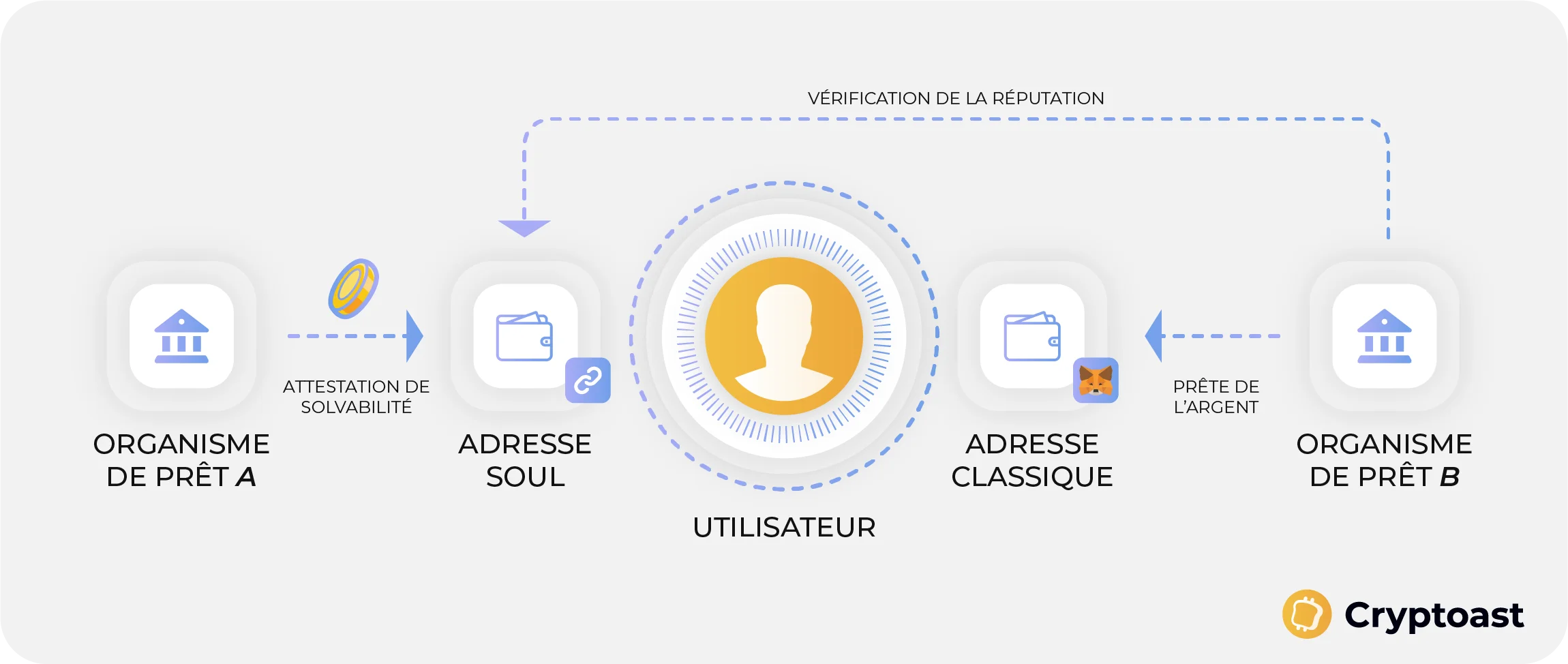
Figure 2: Overview of how Soul Lending works with Soulbound Tokens
Concretely, these loans can be represented by revocable SBTs (once the loan has been repaid). An SBT can also be issued by the lender to the Souls who repaid their loans in order to improve their reputation.
A Soul cannot therefore hide the outstanding loans it holds, since the Souldbound tokens are publicly visible. In the event that a person would like to circumvent this system by creating a new Soul, he will not be able to put his reputation at risk due to the lack of SBTs on this new Soul.
Souldrops, new generation airdrops
This is a new way to perform airdrops . Concretely, instead of distributing tokens for free to certain wallets according to specific criteria, Souldrops make it possible to send tokens to people according to the Soulbound tokens they hold.
For example, a Decentralized Autonomous Organization (DAO) could Souldrop a particular community of a Layer 1 protocol to each developer holding 3 of the 5 Soulbound tokens evidencing attendance at the last five conferences.
It is therefore possible to Souldrop tokens according to a set of criteria with prerequisites in SBTs. Another advanced example concerns non-profit organizations wishing to plant trees. The latter can Souldrop tokens to Souls possessing SBTs certifying a certain type of environmental action.
This opens up rich possibilities for experimenting with mechanisms that maximize community engagement .
A measure of decentralization and protection against Sybil attacks
Sybil attacks are attacks within a system such as a blockchain or a DAO, in which an entity would hold enough power to increase the weight of its vote, with the aim of gathering 51% of the votes and thus having control of it. .
Soulbound tokens give a Soul its credibility and reputation, and therefore it will become easier to identify bots (whose Souls will be empty or nearly empty). This makes it possible to differentiate the Souls and restrict the vote to Souls having no or very few SBTs, suspecting them of being malicious entities.
The possibilities are many since a Soul holding reputable SBTs could have increased voting power , or more effectively, decrease the voting power of Souls with a particularly high correlation of held SBTs to prevent some form of collusion .
This is how Soulbound tokens would also make it possible to guarantee the decentralization of a DAO, a protocol or a network.
The Benefit of Non-Transferable Ownership of Soulbound Tokens
A definite advantage that NFTs do not capture is the non-transferable ownership of SBTs . Indeed, let’s say that you have access to attend a private conference with a classic NFT. You will be able to resell this NFT or give it to another person.
However, the conference organizers may not want such a scenario to occur. Entrusting access to someone does not mean granting them the right to entrust it in turn to another individual . Yet it is possible.
With Soulbound tokens, it will not be possible to transfer this access to another individual since an SBT is permanently bound to Soul (but possibly revocable by the issuer).
The possibilities offered by SBTs at this level are numerous, granting access to databases to researchers for example.
The right to access Soulbound tokens
In data-driven economies, data is obviously very valuable and in order to create effective artificial intelligences, they are going to need access to a large set of data to operate effectively .
If a Soul’s Soulbound tokens were all publicly viewable, there would be obvious issues. It is therefore imperative that SBTs have programmable specificities .
For example, the issuers of certain SBTs could choose to make them public. While others, such as passports or medical records, could be private with unilateral permission to the Souls holding these SBTs to reveal them when necessary (for the passport at the airport or at the embassy for example).
Other Soulbound tokens may require a multi-signature arrangement to be disclosed. The possibilities are limitless.
The Promise of a Decentralized Society (DeSoc)
Web3 is often associated with DeFi, but its potential is much broader. This potential can be unleashed by Souls and SBTs to form a Decentralized Society (DeSoc).
This DeSoc provides a way to decompose and reconfigure the rights of use, consumption, destruction thanks to Soulbound tokens.
This involves strengthening protocol governance mechanisms to improve trust and cooperation.
DeFi is limited to private transferable properties (NFTs) whose rights cannot be decomposed, which presents inefficiencies.
However, DeSoc is not being talked about to replace DeFi, but rather to strengthen it by making it resistant to Sybil attacks, collusion and other dangers.
With these corrections made by Soulbound tokens, DeFi can expand networks with broad interests benefiting the greatest number instead of strengthening networks captured by narrow interests (whales, collusion, etc.).
The DeSoc would thus help to get rid of all forms of networks that do not benefit the greatest number.
Limitations of Soulbound tokens
Despite all the use cases and advantages brought by Vitalik Buterin and his two co-researchers, this new type of token also raises many ethical and technical questions.
Potential dystopia?
The architecture of Web2 allows absolute monitoring in a very vertical system . DeFi , for its part , although freeing itself from explicit centralization, in which certain actors have unilateral power, does not really manage to free itself from more implicit forms of centralization : collusion and market power with whales.
The DeSoc plans to solve these problems with Soulbound tokens. However, at the time of writing these lines, this type of token is only at the experimental stage, and like any new technology, its use can be misused .
It is therefore necessary to consider potential abuses, and discrimination is one of them. Even with the possibility of not disclosing certain SBTs whose nature is sensitive (passport, etc.), others will be made public.
Thus, it could be easy to discriminate against groups of people based on certain types of SBTs owned , or even target them for cyberattacks or in real life .
Confidentiality of Souls
Blockchains are generally public, so any interaction registered on chain is immediately visible to the whole world . It is possible to strengthen your private life in the context of SBTs by having several Souls: one for the family, one for the medical, one for the professional life, etc.
Each of these Souls would thus hold different types of Soulbound tokens, but this solution is not sufficient and it could be very easy to correlate these Souls, which could cause serious privacy issues .
Some solutions are advanced. The simplest approach is to store the data off chain , leaving only the hash of the data on chain.
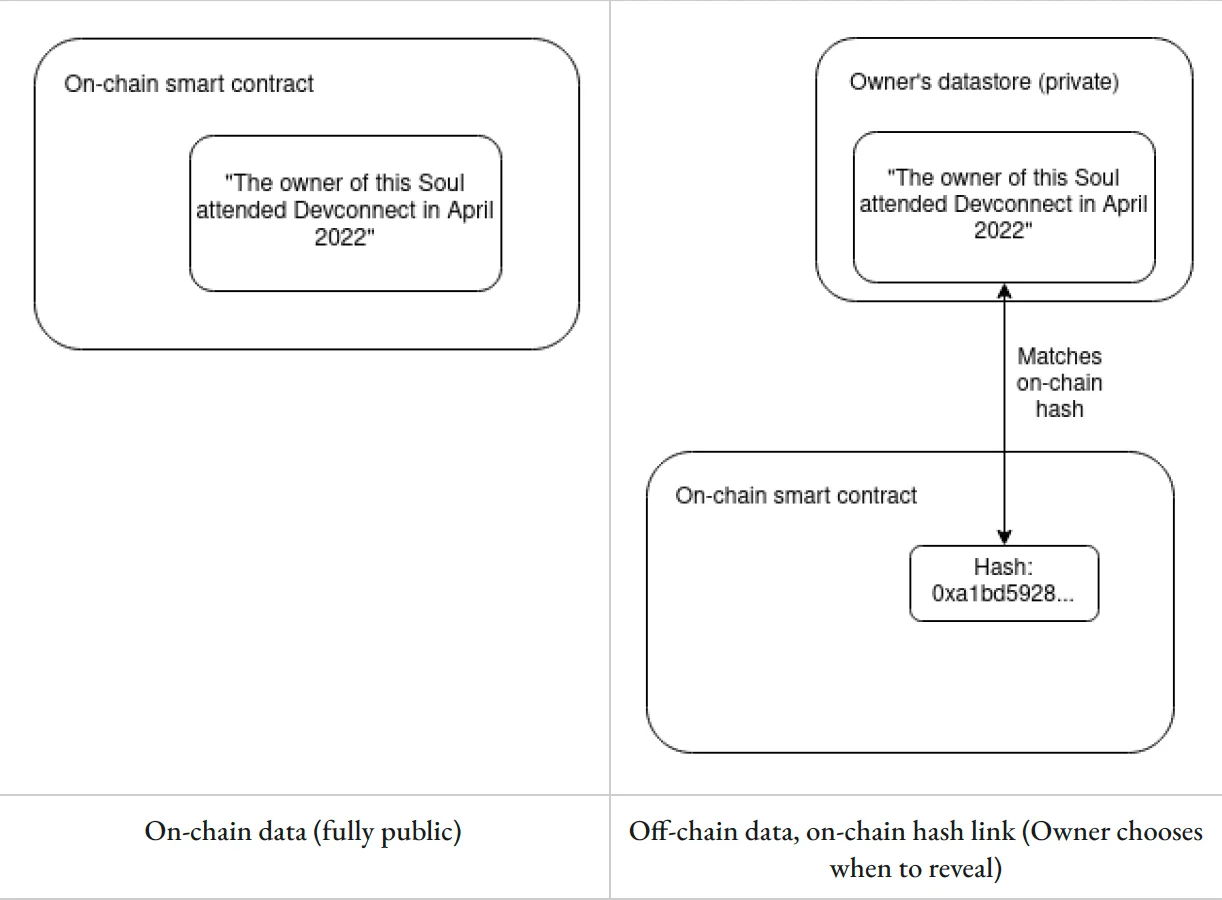
Figure 3: Soulbound token off chain data storage
The choice of off-chain storage could be left to the SBT owner: on their own devices, a cloud storage service, or a decentralized network like the InterPlanetary File System (IPFS). Thus, an individual could reveal the content of one of his Soulbound tokens only when he wishes .
Another technology, among others, allowing us to go even further is a branch of cryptography: zero-knowledge proof .
This technique can be used to prove statements without revealing the documents proving it.
For example, if official documents provided by the government and other entities can be proven with cryptography, a person could prove a claim like this without revealing the details :
“I am a French citizen and I am 19 years old”.
In this example, the individual can therefore prove that he is of legal age, without disclosing the details of his identity document .
This technology could therefore be extremely useful in the context of the protection of information incorporated in SBTs .
There could however be Soulbound tokens visible even if its owner does not wish it , in the event of a negative reputation for example: defaulted loans, complaints from business partners and bank history.
The importance of Soul and its Soulbound tokens
As you will have understood, in a world in which Souls and SBTs would be adopted massively, it is essential not to lose your Soul at the risk of losing all your very precious single-issue SBTs, such as diplomas.
This is one of the legitimate concerns, and to address this problem, a community recovery system is advanced. Concretely, this links the recovery of the Soul to the adhesion to the communities . Since Soulbound tokens represent membership in different communities (employers, universities, participation in a DAO, etc.).
Thus, to recover the private keys of his Soul, the individual concerned would have to obtain the consent of the network of this Soul . However, this is for the moment entirely theoretical and requires practical experimentation to adjust the parameters.
The goal is, in any case, to link security to social , since a Soul could regenerate its keys through community recovery.
Soul Change
We have already seen the case of losing a Soul and the proposed solution, but what about the case of changing a Soul ? This can happen for many reasons: compromised key, change in the type of wallet (hardware for example), to increase the level of security, etc.
Losing your Soulbound tokens during a Soul change could cause a lot of problems . But the non-transferable nature of SBTs means that this is not possible, so this is one of the major criticisms of this new type of token.
Conclusion on Soulbound tokens (SBTs)
It should be clarified again that everything we have mentioned in this article is very theoretical and, at the time of writing these lines, it is not possible to own either a Soul or a Soulbound token.
On the other hand, it is a very promising new type of token which would offer an immense field of possibilities and applications of which we have only touched on the range of possible uses.
Significant technical challenges persist and there is no shortage of possible deviations, we must not hide it. Thus, many experiments will be necessary beforehand for the Soulbound token technology to be operational and can potentially be adopted in the future.
The decentralized society (DeSoc) referred to here is defined as stochastic social pluralism : a network of individuals and communities that unite and co-determine their own future.
The DeSoc would rely on peer-to-peer social attestations , so it would be a horizontal system where Soulbound tokens would play a crucial role .
Be that as it may, the vision of such a future proposed by Vitalik Buterin, Puja Ohlhaver and E. Glen Weyl is interesting. It will be a question of observing its evolution, which will undoubtedly be full of pitfalls.
